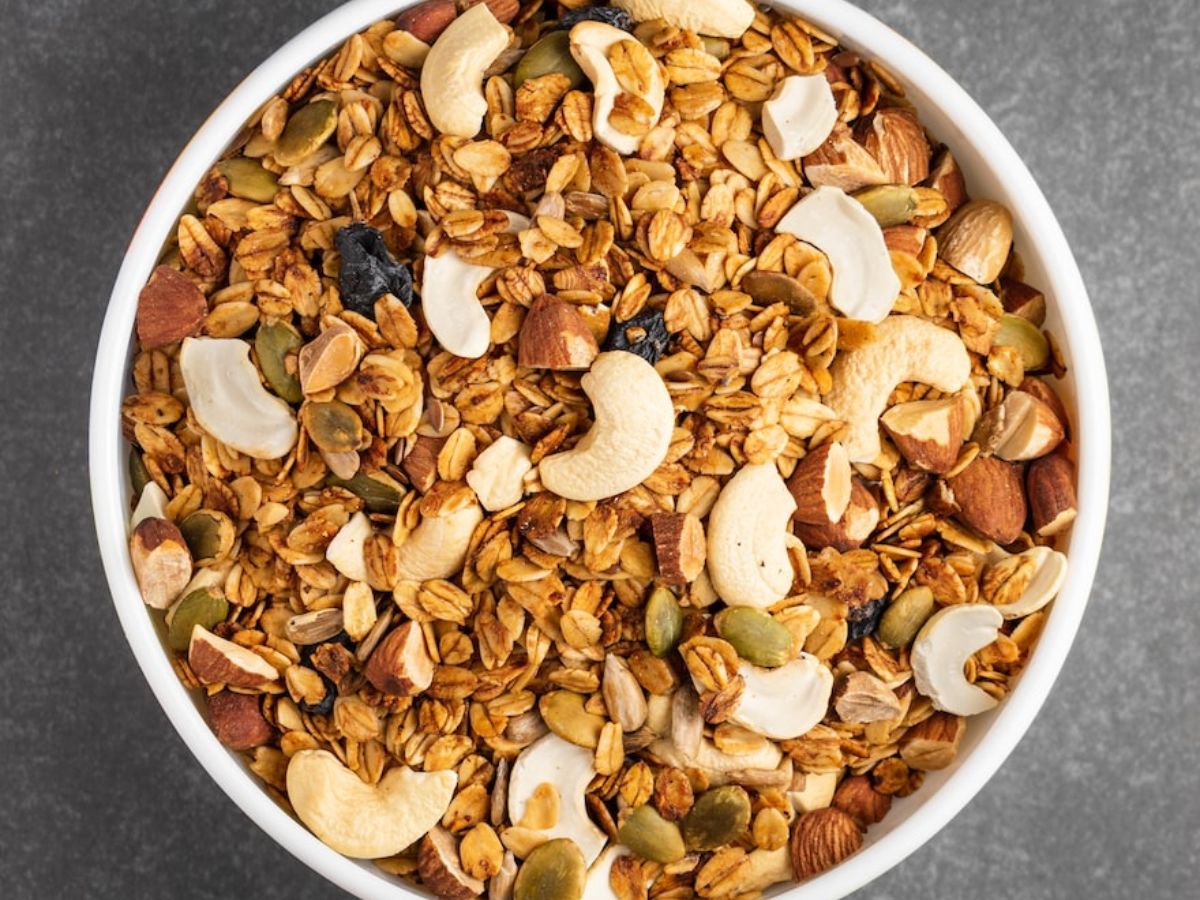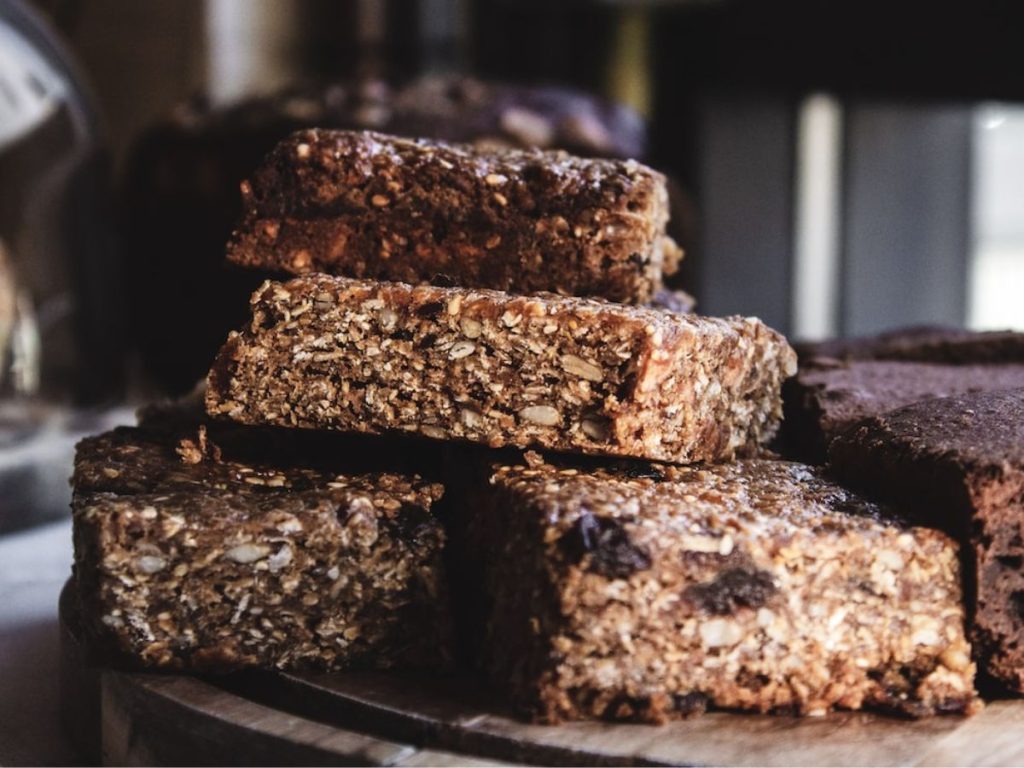Helpful Tips For Picking The Right Medicines For Home Supplies

Table of Contents
Eating a high-fiber diet can drastically improve digestion, cholesterol levels, and overall health. A simple way to achieve this goal is by adding the right medicines for home supplies that can provide a steady intake of dietary fiber. To ensure maximal benefit from what you consume and prevent digestive issues, it’s important to make the correct choice when selecting these types of medicines for your home supplies. Read on for some helpful tips about picking out the best medicines that offer beneficial dietary fibers!
The importance of adding fiber to your diet
Fiber does not just provide nutritional benefits but can help maintain consistent digestion, lower cholesterol levels, and even regulate blood sugar levels. This means that by adding more fiber to your meals and snacks, you are taking proactive steps toward improving your overall health. Moreover, dietary fiber keeps you feeling full for longer periods of time which can help prevent overeating and a spike in calories. Even making small increases in your daily intake can make a significant difference in the short-term and long-term health benefits received, so start cooking up some high-fiber recipes today!
Know what types are available
It’s important to know what types are available, as each type has its own unique benefits. Soluble fiber, found in oats and barley, helps slow digestion and keep you full longer while also lowering cholesterol. Insoluble fiber, or roughage, moves through the digestive system largely undigested and aids digestion with its abrasive texture; it’s found in whole grains, fruits, and vegetables. The benefits of adding both types of fiber include improved gut health, regularity, lowered cholesterol, and better absorption of nutrients. Knowing the sources of these two distinct types of fiber can help you make dietary decisions that positively influence your overall health.
Figure out which amount is right for you
When it comes to diet, everyone has different needs and goals. To determine the optimal amount of fiber for you, start by consulting your doctor or a nutritionist who can provide specific guidance. Generally speaking, the American Heart Association recommends adults consume 25-30 grams of fiber per day. However, this number varies depending on age and health factors such as body size and activity levels. Additionally, certain types may offer additional benefits, so be sure to research the differences in soluble and insoluble fibers when weighing your options. In the end, finding out how much fiber is right for you is all about understanding your unique needs and taking a balanced approach to diet and nutrition.
Learn about different types of supplements
There are various kinds of supplements available that can help increase your dietary intake of this beneficial nutrient. Dietary fiber is an important part of any healthy eating plan and is beneficial for many functions in the body, such as regulating blood sugar levels, aiding digestion, and reducing cholesterol levels. Supplementing with fiber can come in powder form for shakes or smoothies, capsule form for swallowing, or even added to food items like cereal. Different types of dietary fibers include soluble and insoluble fibers; the former helps regulate digestion and lower cholesterol while the latter increases digestion and promotes colon health. It’s important to understand what kind of fiber supplement best fits your needs before making a purchase, as well as ensure that you stick within a recommended daily allowance. Also, adding fiber to your diet through supplementation can be not only helpful but also easy and delicious when choosing the right option.

Discuss the benefits of adding fiber to your diet
Adding fiber to your diet can have a wide range of health benefits. It can help lower cholesterol, reduce constipation and digestive issues, and even help with weight loss by making you feel fuller for longer. Fiber is also essential for maintaining healthy blood sugar levels, as it helps slow the absorption of sugar from food into the bloodstream. Furthermore, fiber helps remove toxins from the gut, preventing them from entering the bloodstream and improving overall health. Eating foods with high dietary fiber content such as whole grains, beans, peas, fruit, and vegetables will provide numerous long-lasting health benefits to anyone looking to improve their wellness and lifestyle habits.
Consider other alternatives to your diet, such as fruits and vegetables
Aside from whole-grain cereals, nuts, legumes, and supplement powders, there are several other alternatives that you can add to your diet. Fruits and vegetables tend to be rich in fiber, especially fruits like raspberries, pears, apples, and avocados; vegetables such as broccoli and sweet potatoes also contain a substantial amount of fiber. Additionally, some seeds such as chia and flaxseeds are high in fiber content too. Incorporating these into one’s diet can provide a good source of dietary fiber that will help keep your digestive system running smoothly.
Fiber supports our heart, digestion, and weight regulation, and even has connections to a reduced risk of many health conditions, such as diabetes and some types of cancer. When choosing your source of fiber, be familiar with the different forms available and find out how much you should be consuming – there are many ways to get your daily dose of dietary fiber. Furthermore, take the time to understand the possible benefits and differences between natural sources versus supplement-based solutions for adding fiber to your diet. Learning about each individual type of dietary fiber can help you achieve greater health goals and happy life!

